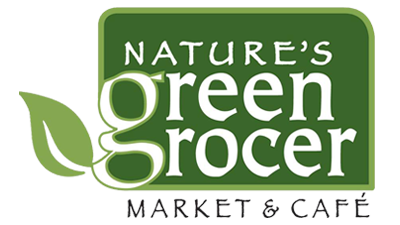You’ve just read something about healthy brains, but can’t remember where? Join the ranks of overstressed and distracted citizens whose heads are on overload, to the point where memory is... well... a distant memory.
Bigger isn’t always better, but when it comes to our brain cells, who wouldn’t want to trade up a size? Or boost the overall health of our trusty gray matter?
Don’t skimp on diet, exercise, or sleep—the trifecta of brain health. The typical Mediterranean diet emphasizes fruits and veggies (antioxidants), olive oil and fish (essential fatty acids), and grains (B vitamins)—good for hearts as well as brains. And exercise can even reverse “age-related brain shrinkage,” according to Neal D. Barnard, MD, author of Power Foods for the Brain.
Supplements for Brain Health
We can’t always get what we need from food.
As added insurance, these supplements can help your brain cells make better connections, use glucose (its main food) more effectively, and fight free radicals―out-of-control molecules that attack the crucially important fat in our brain cells, contributing to dementia-related diseases.
-
B Vitamins (Metabolizers)
Our brains feed off glucose, and a team of B vitamins helps us use that food to best advantage. As protein breaks down in our bodies, it produces homocysteine. Vitamins B6, B12, and folate regulate this amino acid, too much of which can lead to impaired memory.
-
Vitamins C, D and E (Antioxidants)
Antioxidant powerhouses, vitamins C and E fight free radicals and protect brain cells (and others) from the oxidative damage they cause. Low levels of vitamin D are associated with cognitive decline and free-radical damage.
-
Multivitamin/Mineral
A three-year study of more than 2,200 older people determined that taking a daily multivitamin/mineral supplement may ward off cognitive decline. Taking a multivitamin supplement for three years translated to a 60 percent slowing of cognitive decline, or a pause of about 1.8 years. People with significant heart disease saw even more benefits..
-
Omega-3 Fatty Acids (Communicators)
What’s good for the heart is good for the brain. Polyunsaturated fats from veggies (safflower, soybean) and fish (salmon, tuna), along with monounsaturated fats (olives, nuts) are crucial for brain health. Unsaturated fatty acids help make and direct neurotransmitters that keep our cells communicating. DHA, a polyunsaturated omega-3 fatty acid, accounts for half our brain’s fatty acids, and low levels have been linked to memory loss. Fish oil supplements are an excellent source.
-
Garlic
The most commonly tested form of garlic, aged garlic extract, has been shown to help reduce levels of homocysteine. Studies have shown that garlic can help protect against dementia, high blood pressure and cholesterol, and cell damage, while helping to improve learning and memory.
-
CoQ10 (Converter)
Another powerful antioxidant, this enzyme helps transform food into energy, and works in nearly every cell in the body.
-
Ginkgo Biloba and Curcumin (Brain Food)
Both antioxidants, ginkgo shields neurons from oxidation and may improve blood flow. More oxygen means better memory and mental dexterity. A chemical in turmeric―curcumin―is being hotly studied: it makes new brain cells, boosts memory, and may target amyloid plaques, a tangle of proteins associated with Alzheimer’s disease. It has been shown to be useful post stroke for improving brain function.

